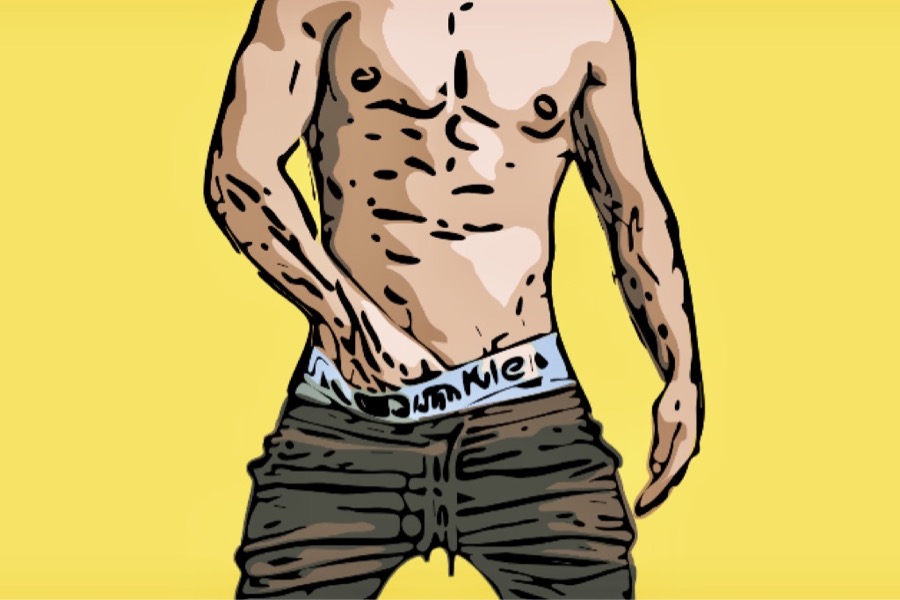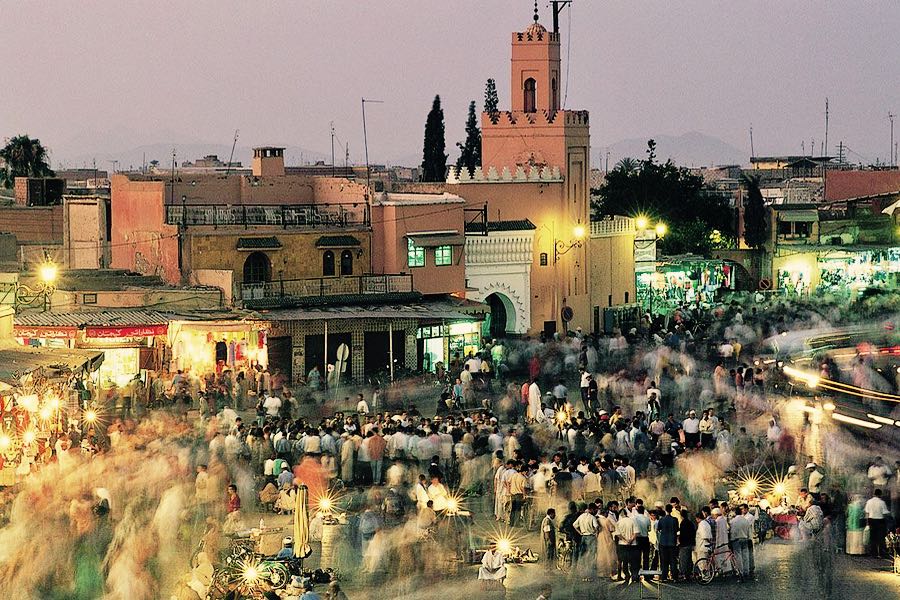The first one is the champion of democracy: his name is Joko Widodo, but his countrymen prefer the affectionate nickname of Jokowi. Member of the Indonesian Democratic Party and former mayor of Surakarta (city in Central Java with a population of over 500,000 people), he is the current governor of the capital Jakarta. Of humble birth, he is known throughout the country for his good government (which has been very effective in ensuring development and social policies at the same time) and for being one of the very few Indonesian politicians never touched by scandals. “Look back on how Jokowi ruled Solo [Surakarta’s other name; editor’s note]: he persuaded the cadgers to move away from the streets without violence – says Teguh, division manager for education and organization of Suara Kita, an LGBT organization who focus on journalism – And even in Jakarta he has been very active in addressing the city’s problems.”
The second symbolizes a return to authoritarianism. He is Prabowo Subianto, “Suharto’s heir:” linked to the highest echelons of Indonesian capitalism, the leader of the Great Indonesia Movement Party (Gerindra) played an important role in the dictator’s army. “We can’t forget how much he has been implicated in the crimes against humanity committed in 1998:” that year mob violence against the Chinese minority provoked more than a thousand deaths.
Jokowi or Prabowo? Today, the inhabitants of Indonesia (the democratic giant of Southeastern Asia with its 237 million inhabitants and its 13,466 islands) are called to vote and choose one of these two challengers and to elect him president of the republic, with likely strong effects on respect for human rights and on the political future of the entire region. Initially the choice seemed obvious: who would prefer a sinister exponent of the old dictatorship to an immaculate and efficient son of the democracy? The polls predicted a triumph for Jokowi, but then things started to change: the statistical surveys tell of a spectacular recovery of Prabowo, televisions explain that the middle class is more and more oriented to vote for the candidate of Gerindra.
But is it all true? Teguh has some doubts: “The middle class is frightened by Prabowo. If Jokowi wins, nothing will happen to them, they will continue to run their business fairly, simply following the laws, but if Prabowo wins, their business will be difficult, they will need intermediaries in order to make their business easier.” And the polls, then? “The vote is influenced by many factors, but maybe they are just an illusion: Prabowo is supported by two major corporations that control a large part of the media sector, while Jokowi is supported only by a media corporation.”
With Teguh we want to talk especially about the impact that the vote may have on LGBT people’s rights. His association, Suara Kita (Our Voice), is very active in educating in respect for diversity, in campaigning for the rights, in organizing the gay and transgender community (suarakita.org). “We organized public lectures to educate the public about sexuality, we always campaign to stop violence against LGBT people and we organize activities for the community to get together, to talk about their problems and overcome their loneliness.“Their annual report, published on scribd.com, is very rich and interesting.
“If we read the platform papers – says Teguh – none of them specifically mentions LGBT rights. Both, however, use another expression, ‘kelompok rentan’, which could be translated as ‘vulnerable groups‘, and promise to protect them from violence and discrimination. Even though this expression may refer to any group, such as sex workers, people living with HIV, people with disabilities, street children, and so on, we interpret it as including LGBT people.” The promises come from Jokowi as from Prabowo: can we trust?
Suara Kita doesn’t trust. Prabowo is good at hiding his dark and dangerous sides, for example his allies. “We were shocked to discover that Prabowo has cooperated with the Islamic Defenders Front (Front Pembela Islam, FPI): not only this group is intolerant, but it also uses physical violence.” This integralist organization, that increased its strength in Indonesia in the last years, is disquieting also because of its program (viva.co.id): “On the first point, FPI asks Prabowo to make Islamic values as the ideological foundation of the state: ‘Everything that is done in the administration of the state should not be in conflict with Islamic values.’ And on the second point, FPI asks Prabowo to eradicate homosexuality, judged immoral such as drugs and gambling.”
Even Jokowi is a faithful Muslim, but he said repeatedly he believes in an Islam as “rahmatan lil-alamin” (blessings for the world), that is in an Islam bearer of peace and not of hatred. Just for this, he promised to defend the traditional Indonesian tolerance and the constitutional principle “Bhinneka Tunggal Ika” (unity in diversity). “It’s really obvious why minorities prefer Jokowi to Prabowo” concludes Teguh. And it’s really obvious why this year’s Indonesian elections will be able to change the fate of millions of people both inside and outside the giant of Southeastern Asia.



